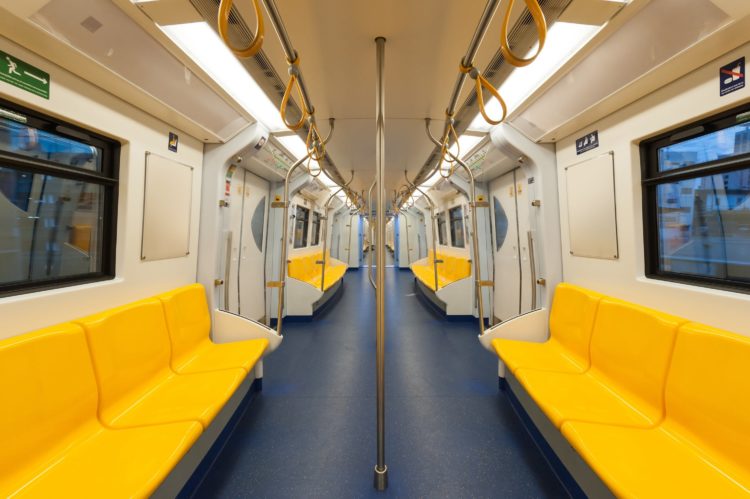Mass transportation remains the most common form of transportation mode by Singaporeans (56%), with 37% doing so with their personal cars. Key motivations cited for using the current mode of transport are its convenience (58%), cost (45%) and time efficiency (46%).
State of commuting
When it comes to time spent on commuting, majority of Singaporeans spend less than 90 minutes commuting a day (64%), while 36% spend 90 minutes and more. Unsurprisingly, reducing time spent on commuting is a key priority for most respondents (over 70%) compared to having control of their arrival time with a longer commute (almost 30%).
Commuting in Singapore has been affected by the COVID-19 crisis with measures during this unprecedented time influencing changes in consumer mobility patterns and future expectations. Consumers are demanding more from their devices, mobile connectivity, and vehicles during their daily commute to wrap up their work or partake in social and recreational activities while commuting.
What modern Singaporean wants
Despite being one of the few cities in the study with greatest use of mass transport modes, more than 60% of respondents in Singapore have a negative perception of the city’s transportation system. 39% of respondents feel the growing strain in the city’s mobility infrastructure, while 25% believe that it is reaching a saturation point and is working over the intended capacity.
The Augmenting the Daily Commute revealed that 43% of Singaporean Savvy Commuters feel that they receive plenty of mental space during their commute, an additional 42% shared that they have sufficient personal space when commuting.
In Singapore, 43% of Savvy Commuters This group immerse themselves in different digital experiences to create a sense of space, with 54% of them relying on their smartphones and 46% using headphones to achieve this purpose.
How 5G transforms the mobile experience
“5G technology will play an instrumental role in delivering an enhanced commuter experience, alongside the safety, efficiency and sustainability of urban transportation in the years to come. Through our continuous investments, partnerships and innovation, we aim to deliver the best connectivity experience for commuters across the different modes of transportation,” said Martin Wiktorin, head of Ericsson Singapore, Brunei and Philippines.
Testing and analysing 16 mobility concepts across three categories of “Safety and Assistance”, “Entertainment”, and “Convenience”, Ericsson found that consumers are most interested in services and features that enhance safety and reduce stress in demanding situations.
“We can take inspiration by understanding what consumers value during their daily commute and drive positive changes to deliver satisfaction and enhance the commuting experience as more people head back to work,” said Wiktorin.
Other facets of the report
- 61% believe that shared mobility services will be used more than today in 5 years’ time, with the main reason being to reduce congestion.
- Among the sixteen conceptual mobility services, most Singaporeans expect entertainment services to take the longest to enter the market, with augmented reality maps expected to roll out only in the next 4.5 years.
- 72% of Singaporean respondents believe autonomous vehicles will completely revolutionize the commuting experience within the next 10 years. Singaporeans indicate that new automotive companies will lead the autonomous vehicle revolution.
- Singapore consumers (38%) are revealed to rely much more heavily on government authorities to lead the deployment of autonomous driving.




